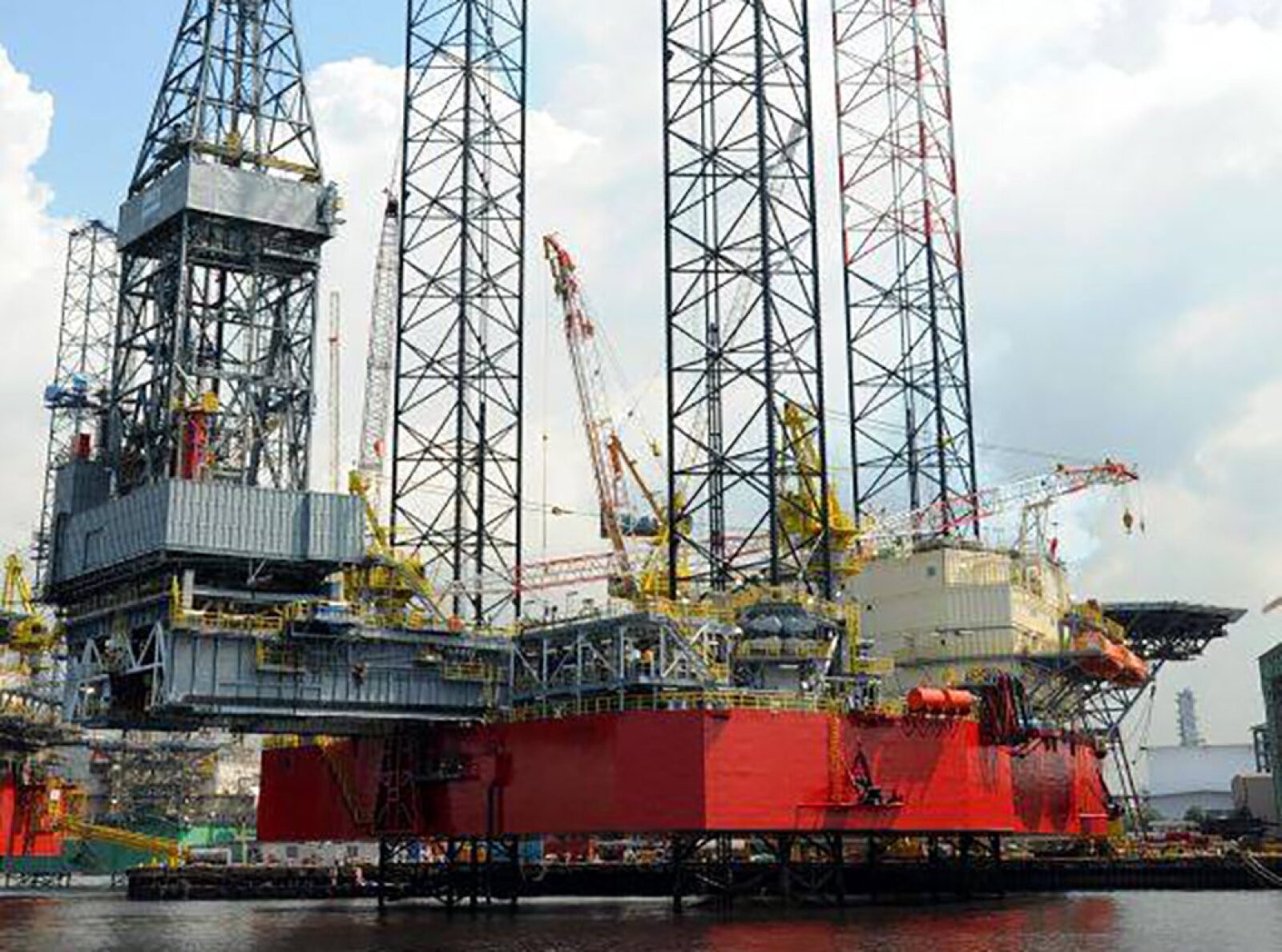Saudi Arabian oil giant Saudi Aramco has delivered a blow to two offshore drilling companies listed on the New York Stock Exchange (NYSE) by issuing temporary suspension notices for their jack-up rigs. The move highlights a potential shift in Aramco's drilling needs and raises concerns for the wider offshore drilling industry.
Borr Drilling Limited, a company with a presence on both the NYSE and the Oslo Stock Exchange, confirmed the suspension of its "Arabia I" rig operating in Saudi Arabia. The suspension, expected to begin sometime in the second quarter of 2024, could last up to a year. Borr intends to find alternative work for the rig during this downtime.
Separately, Valaris Limited, another NYSE-listed company, reported that its joint venture in Saudi Arabia, ARO Drilling, received a suspension notice for one of its 19 contracted rigs with Aramco. The specific rig's contract was originally scheduled to end in December 2024. Aramco's notice allows for a suspension of up to 12 months, with the exact start date still under discussion between the two parties.
The reasons behind Aramco's decision remain unclear. Neither drilling company elaborated on the details provided in their statements. Industry analysts, however, point to a potential slowdown in drilling activity by Aramco. One analyst noted the recent postponement of the Safaniyah project, which was expected to be a significant source of drilling demand until the late 2020s. Aramco's revised drilling needs may have rendered the currently contracted rigs superfluous.
The suspension notices come at a challenging time for the offshore drilling industry. The sector has been struggling with oversupply and depressed day rates for several years. The COVID-19 pandemic further exacerbated these issues. While there have been signs of a recent recovery, with oil prices rising and drilling activity picking up in some regions, Aramco's decision could cast a shadow on the industry's short-term prospects.
The impact on the two NYSE-listed companies is also a cause for concern. The suspension of their rigs will lead to a loss of revenue and potentially impact their profitability. Borr Drilling, in particular, faces the additional challenge of finding alternative work for the "Arabia I" during the suspension period. Valaris, with a larger fleet of rigs under contract with Aramco, may be in a better position to weather the suspension of a single unit.
The situation bears watching as it could signal a broader trend within Aramco's drilling strategy. If other rigs face similar suspensions, it could indicate a significant reduction in Aramco's short-term drilling requirements. This, in turn, would have ripple effects throughout the offshore drilling industry, impacting not just the NYSE-listed companies but the entire sector.

